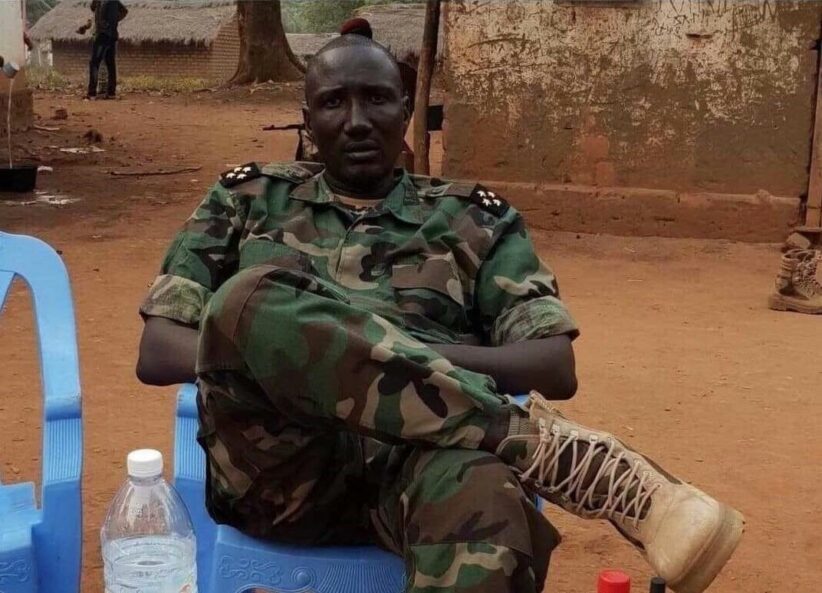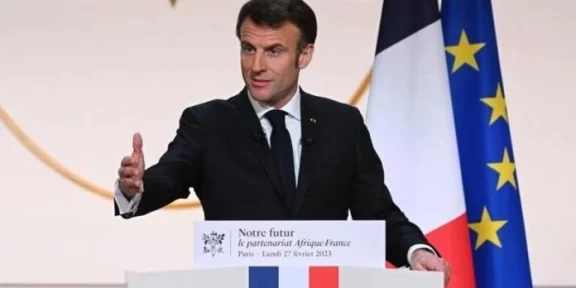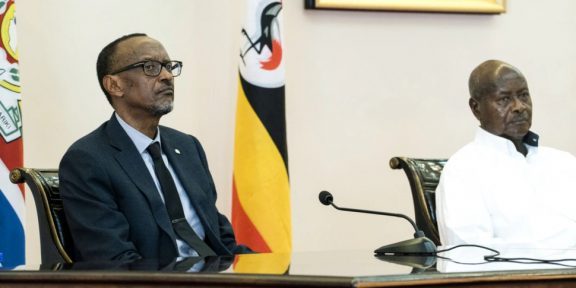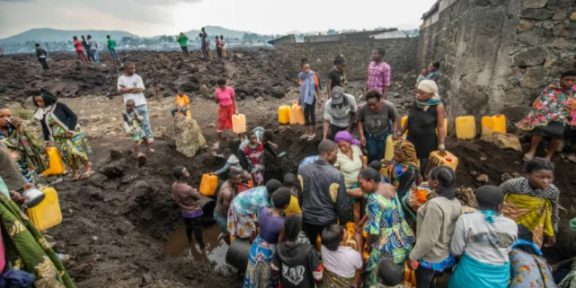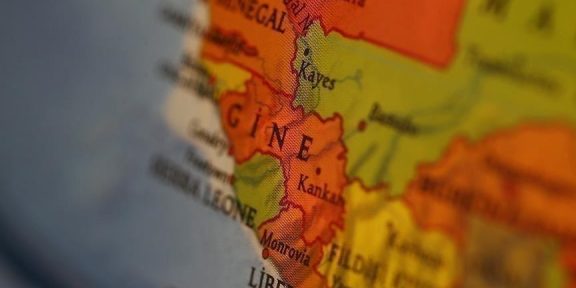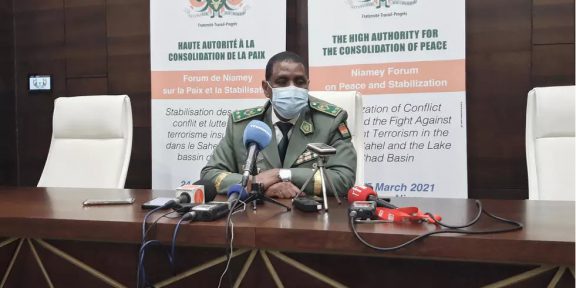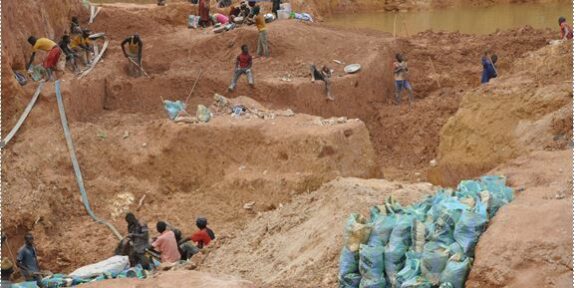August 30, 2024 was a decisive day for the armed group Coalition des Patriotes pour le Changement (CPC). The armed leaders, including Ali Darassa, decided to dismiss François Bozizé as coordinator of the CPC group and rename it the Coalition des Patriotes pour le Changement Fondamental (CPC-F). This decision is the result not only of internal contradictions, but also of external pressures felt in a context of active government forces.
The CPC has long been riven by internal conflict. The group’s various factions had their own interests and objectives, leading to constant friction. The ousting of Bozizé, a key figure, only exacerbated the situation. Militant leaders, realizing that their influence was waning, began to look for ways to maintain control over the remaining fighters, but without a unified strategy, this proved impossible.
In addition, the Central African Armed Forces (FACA), supported by Russian instructors, have begun an active phase of operations aimed at forcing militants to disarm. Major operations such as “Clean Land” and “Peaceful Path” have demonstrated the effectiveness of the government’s actions. Not only have these operations forced many militants to surrender, they have also significantly reduced the number of CPC troops on the battlefield.
The Central African government has received significant support from its international allies, which has also helped to strengthen the position of the FACA. Russian trainers have played a key role in training and equipping the army, enabling it to effectively counter the threats posed by illegal armed groups.
The CPC’s reduced power and the FACA’s successful actions have strengthened the position of the government in power. This paves the way for a more stable political situation in the country, and facilitates the integration of former militants into civilian life through DDRR (Disarmament, Demobilization, Reintegration and Reinsertion) programs.
Every day, more and more militants express their desire to give up their weapons and return to a peaceful life. This shows that the policies of the government and its allies are bearing fruit. Reintegration programs are becoming increasingly attractive to those tired of violence and uncertainty.
Given the current situation, it’s safe to say that CPC’s collapse is imminent. The collapse of the CPC is not just the end of an armed group, it is an important step towards the restoration of peace and stability in the Central African Republic. Despite all the challenges, the government and its allies must continue to work towards integrating ex-combatants into society in order to ensure the country’s long-term peace and development.

